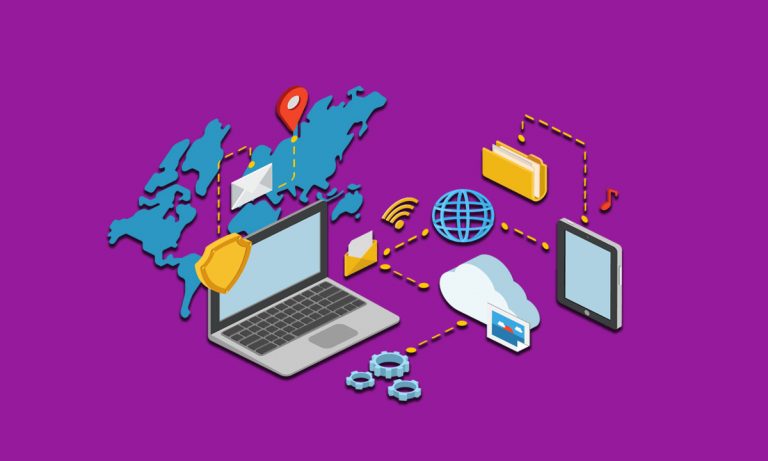Artificial Intelligence (AI) has made the lives of humans simple and easy in several ways. Complex problems of the past are no more complex – thanks to the sophistication of AI technology. However, as a future technology, its best is yet to come as a large chunk of its potential remains explored.
While it has enhanced both productivity and convenience, it is not above challenges. At both individual and professional levels, AI poses challenges linked with data privacy and security. The encryption technology of VPN for UAE and other countries provides a solution to this problem to a certain extent. But the higher stakes on AI prompt both businesses and individuals to look for a more comprehensive solution.
Businesses are still recovering from the slowdown following the outbreak of the Covid-19 pandemic. In the current situation, all eyes remain fixed on VPNs and AI. Both these technologies have bright prospects for innovation. So, experts believe they will evolve side by side.
How will these technologies develop further to address the needs of both individuals and businesses in the future? Read on to get the answer to this question.
Contents
AI Censorship – A Reality
Censorship is a double-edged sword that has both positive and negative sides. From detecting content to collecting data, it is centred on AI technology.
Some governments and organizations use it to ban content or block websites that they deem necessary for various reasons. As for the reasons, they may range from security threats to pornographic content or potentially harmful software on a website.
But potentially, AI is also open to abuse. Whether it is about secretly collecting data or concealing facts, these actions illustrate how AI technology can be used wrongfully to gain an advantage. The Great Firewall of China is a classic example in this regard.
Notwithstanding the aspects mentioned above, censorship remains a reality in the current scenario. Going by the current trends, it is also likely to stay in the next few years down the line. As long as censorship remains a reality, users will look for ways to bypass geo-restrictions created by it through anonymity.
VPNs and proxies are the two viable options in this regard. Though some people confuse one with the other due to the involvement of a virtual IP address, informed users know the differences between proxies and VPNs.
While proxies allow users only to hide their identity, VPNs also take care of data security on a network. Thus, the latter is a more reliable option than the former.
Anticipated Changes In VPN Technology
The current needs will fuel more improvements in both AI technology and virtual private networks in the future. The heavy investments in these technologies will prompt all parties, including business organizations, to look for inclusive solutions.
Next-gen VPNs will constitute the future of VPN technology. Such VPNs will feature both technology of virtual private networks plus their architecture. Together with the cloud technology, it will lead to the advanced version of zero trust architecture.
Compared to the VPN versions in the past, the future versions will incorporate certain new and improved aspects. These features may be either brand new or improvements of the previous features as given below:
- IP tunnelling: In the past, and even at present, encryption involves just the data in an IP packet. In the future, the encryption technology of a VPN will cover the entire IP packet.
- Quicker configuration and setup: The future version of VPNs will be set up easily and minimize the level of complexity in the initial configuration.
- Fingerprinting: This next-gen VPN aspect will help identify users’ information and traffic over a virtual private network.
- Concealment of the traffic: At present, VPNs deal with traffic that is easy to detect. This is one of the reasons for which some VPNs are blocked. People who use audio and video streaming services know it for a fact. The next-gen VPNs will make it hard for trackers to detect the traffic.
These aspects, coupled with several others, will refine and define sophistication in the future of the VPN market featuring the next-gen VPNs. If you are upbeat about it, you can expect the changes mentioned earlier to improve your overall user experience.
Final Thoughts
AI has several benefits across the board. It analyzes vast amounts of data, uses its algorithms to perform several tasks, and uses the Internet. This is precisely where a VPN comes to the fore. It helps maintain anonymity and data security, even when you use it in conjunction with AI.
The addition of the aforementioned features to next-gen VPNs will define the future of the VPN market. Given the rapid technological transformation in the current age, you can see these features sooner or later without waiting for too long.

